Keywords: Ireland
There are more than 24 results, only the first 24 are displayed here.
Become a subscriber for more search results.
-
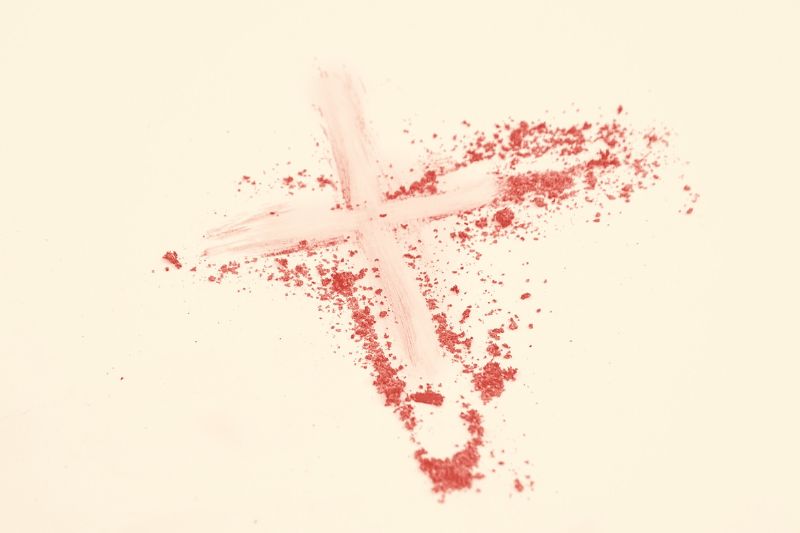
RELIGION
- Andrew Hamilton
- 05 March 2025
Lent is often reduced to private acts of restraint. But its history tells a richer story; of communal memory, public reckoning, and the need to confront human suffering. As new crises unfold, from war to political decay, Lent reminds us that forgetting the past is a luxury we cannot afford.
READ MORE
-
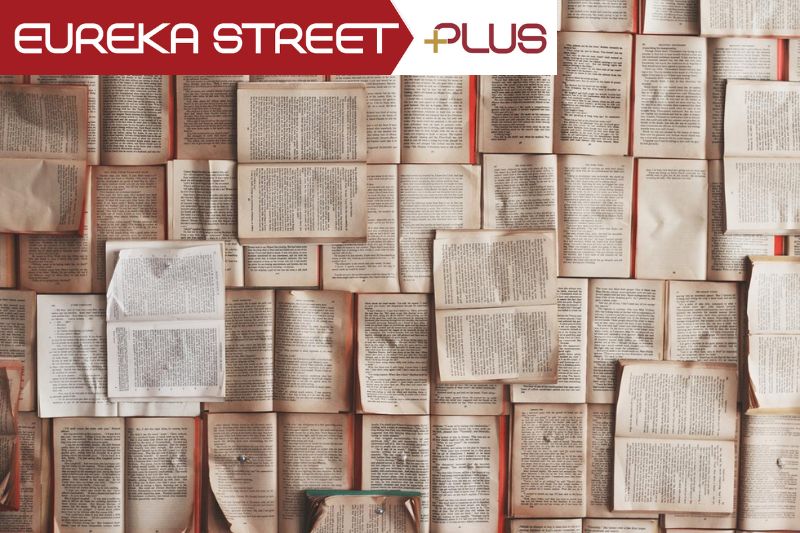
ARTS AND CULTURE
- Andrew Hamilton
- 14 February 2025
These poets offer distinct reflections on life, faith, and human experience in their recent work. From Kelly’s reflective musings on faith and education to Mead’s exploration of motherhood and nature, and McFadyen’s grappling with grief, their works search for a ‘something more’.
READ MORE 
-
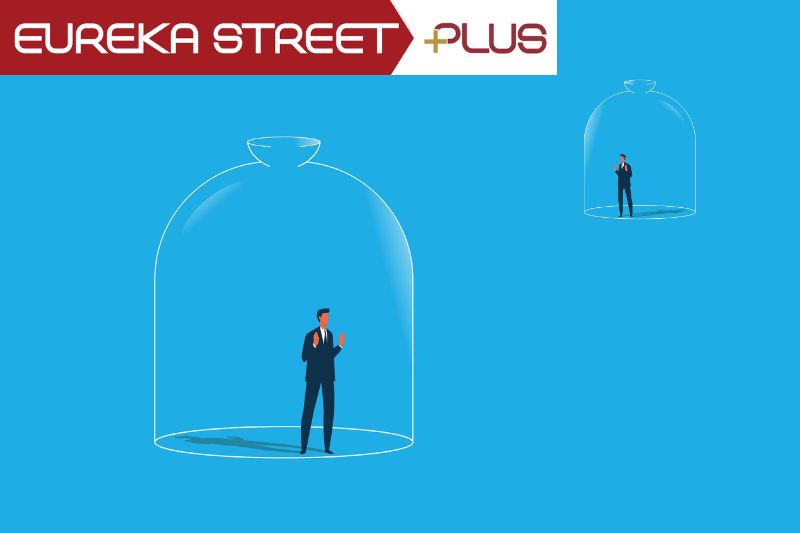
INTERNATIONAL
- David Halliday
- 13 December 2024
In 2024, a fifth of Americans reported having no close friends, and the number is growing, especially among those without college degrees. So what are the societal structures behind this crisis in loneliness, and how we can rebuild meaningful connections?
READ MORE 
-
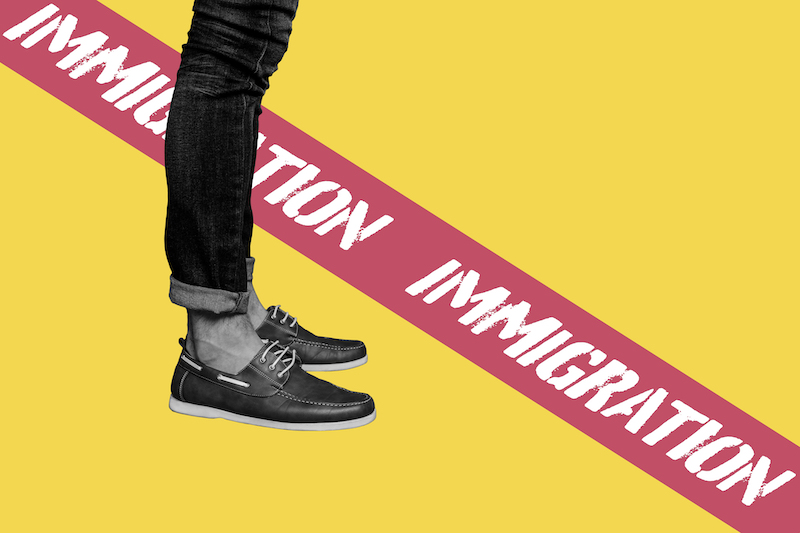
FAITH DOING JUSTICE
- Andrew Hamilton
- 23 September 2024
1 Comment
In prosperous times many people in developed nations are sympathetic to refugees and migrants and welcome them into their own societies. In hard times, however, xenophobia spreads.
READ MORE
-
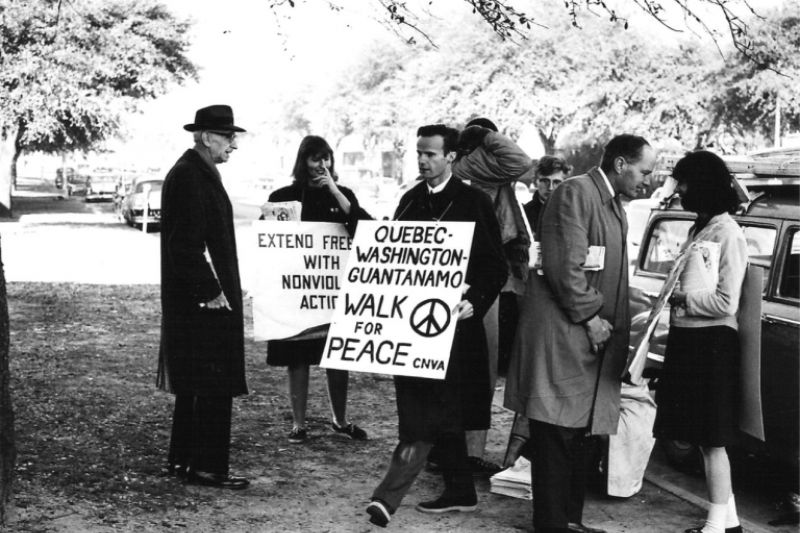
AUSTRALIA
- Andrew Hamilton
- 19 September 2024
3 Comments
Though little known in Australia, Abraham Johannes (A.J.) Muste spent his life commending pacifism and leading movements to make the world more just. His commitments to pacifism may still seem extreme to many. But will anything more mild address the threats facing the world from violence, inequality and apathy?
READ MORE
-
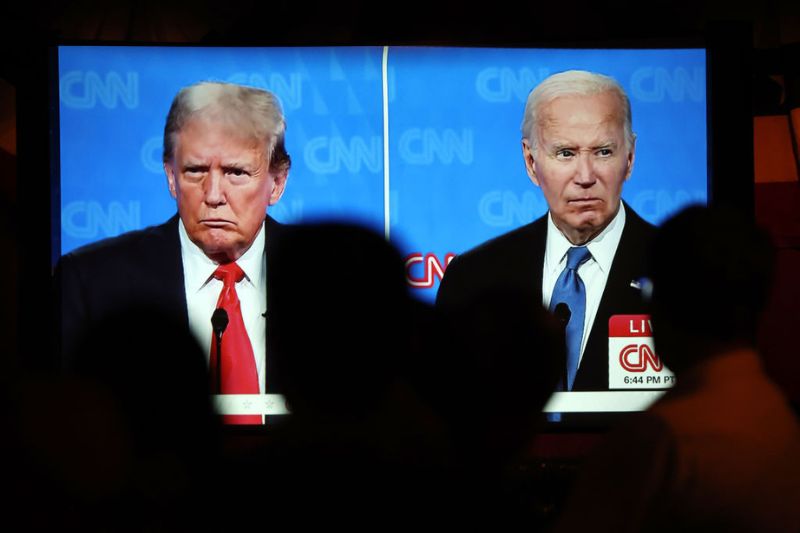
INTERNATIONAL
Whatever the outcome in the United States elections, the most powerful countries are ruled by elderly men. This fundamental and ominous failure of a new generation to supplant its elders bodes ill for the future.
READ MORE
-
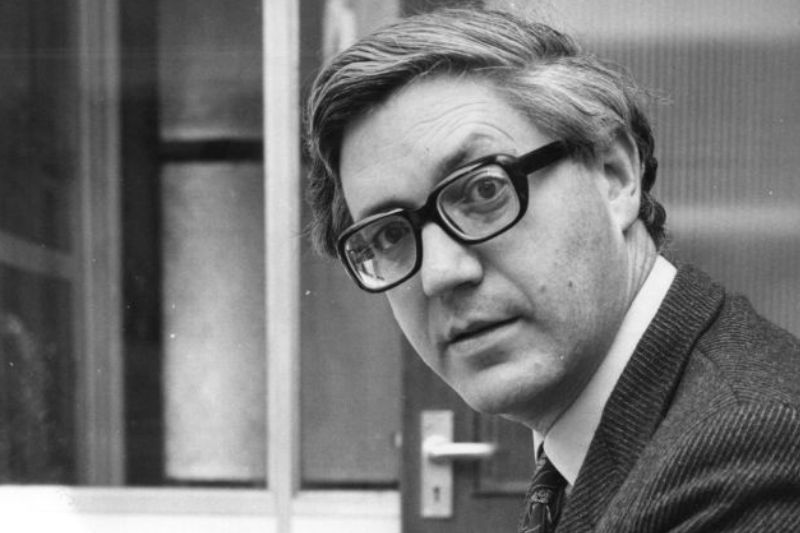
ARTS AND CULTURE
- John Kinsella
- 05 June 2024
An elegy doesn’t need to be written straight after a death... and maybe one’s own death catches up before the obituary we write is published. It might be something like re-arranging modernism into structurally sound lines, or discussing the context of metaphors in poems about London and friendship.
READ MORE
-
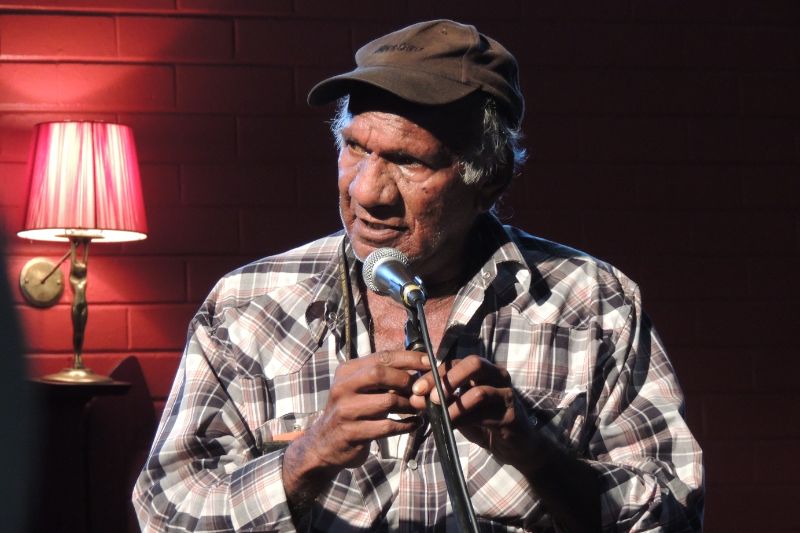
ENVIRONMENT
- Michele Madigan
- 18 April 2024
7 Comments
An Arabunna man, Uncle Kevin Buzzacott devoted himself to the protection of that delicate, glorious country of north eastern South Australia with its Great Artesian Basin’s ancient waters threatened by the succession of powerful mining companies operating Roxby’s Olympic Dam.
READ MORE
-

AUSTRALIA
- Peter Mares
- 12 April 2024
1 Comment
The ABC’s recent Q+A housing special left many questions unasked and unanswered. Labor, Coalition and Green MPs all say they want more people to be able to buy their own homes. The most obvious way to achieve that would be to reduce the price of housing. Yet no politician will make that an explicit policy aim.
READ MORE 
-
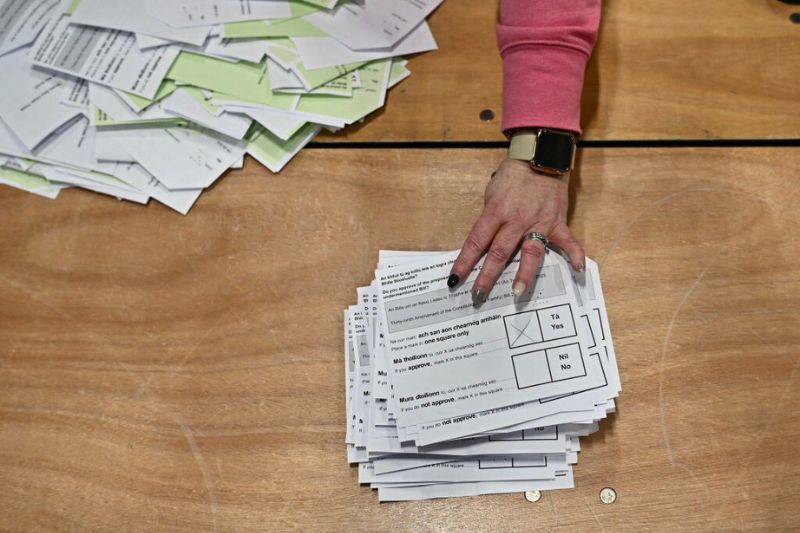
INTERNATIONAL
- Andrew Hamilton
- 21 March 2024
3 Comments
Much like Australia's recent Indigenous Voice Referendum, the recent Irish referendum sought to change constitutional perspectives on family and marriage met with overwhelming defeat. What does this reveal about the relationship between public sentiment and the process of enacting constitutional changes?
READ MORE
-
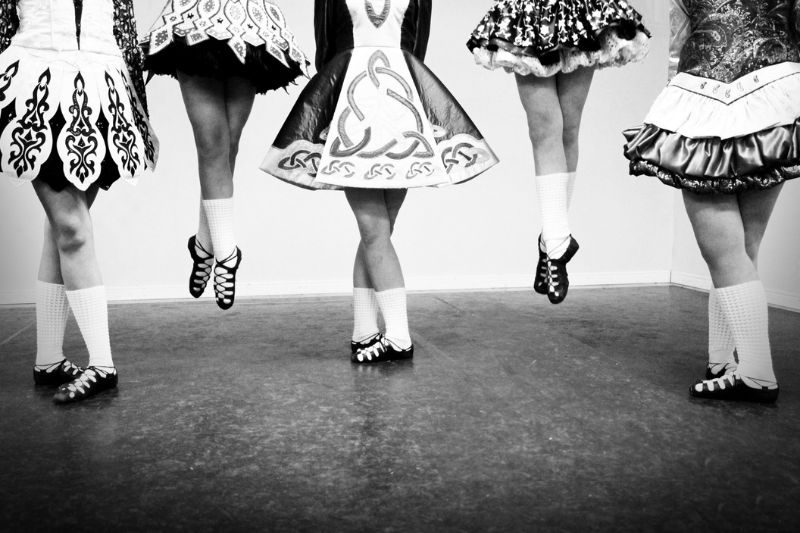
AUSTRALIA
- Sheila Ngoc Pham
- 14 March 2024
1 Comment
Watching your child perform and be judged is a sure way to make you feel ‘all the feels’. Yet this is what happens every month throughout Australia at feis — Irish dancing competitions. Welcome to the world of competitive Irish dancing, which reaches peak visibility around this time of year because of St Patrick’s Day.
READ MORE
-
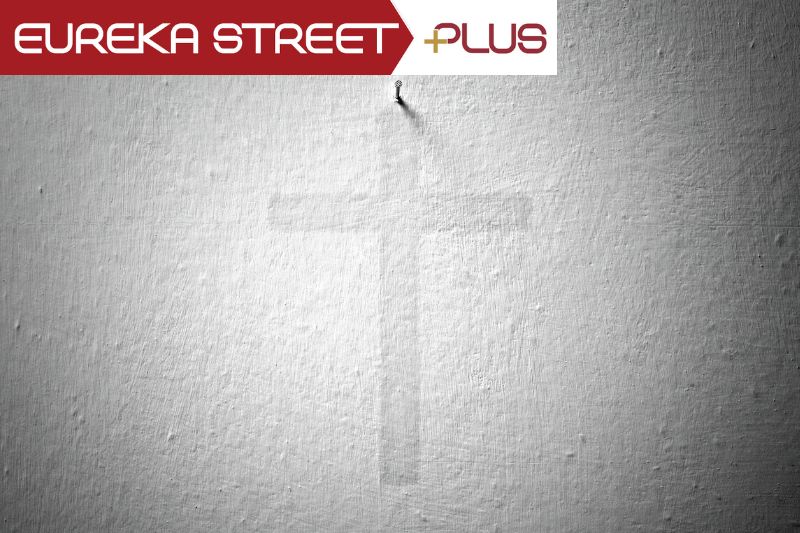
AUSTRALIA
- Michael Jensen
- 19 January 2024
4 Comments
In contrast to the United States, we in Australia ‘don’t do God’, and we rarely acknowledge the religious dimension of our national identity. In an age of declining adherence to the Christian faith, has Australia found a new civil religion? And will it serve us well?
READ MORE 